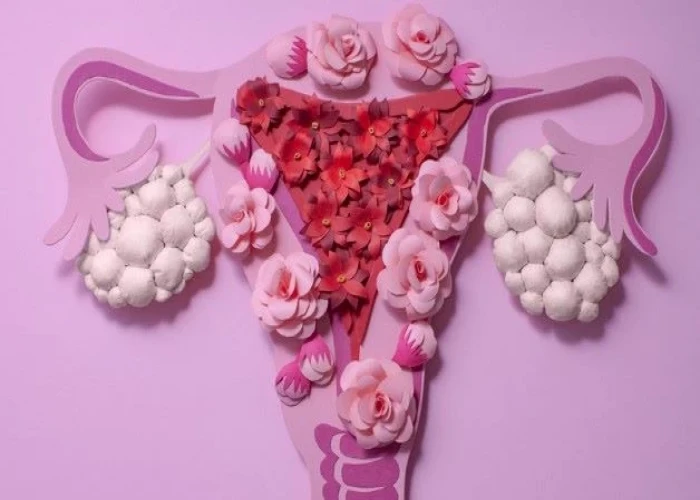 Welcome
Welcome
“May all be happy, may all be healed, may all be at peace and may no one ever suffer."
Polycystic ovary syndrome (PCOS)
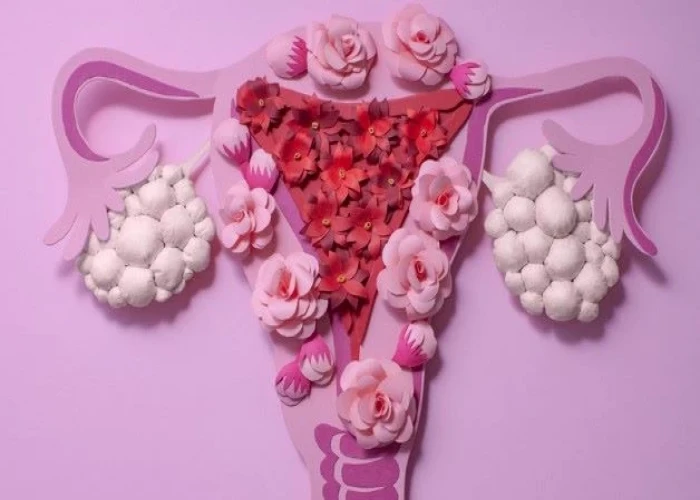
Polycystic ovary syndrome (PCOS) is a hormonal disorder that affects women of reproductive age. The exact cause of PCOS is not known, but it is thought to be related to insulin resistance, which can lead to an overproduction of androgens (male hormones) in the ovaries.
The symptoms of PCOS can vary from woman to woman, but may include irregular periods, heavy bleeding, acne, excessive hair growth on the face and body (hirsutism), and weight gain. Women with PCOS may also have difficulty getting pregnant due to irregular ovulation or lack of ovulation.
Treatment for PCOS typically involves managing symptoms and addressing underlying hormonal imbalances. This may include lifestyle changes such as losing weight, eating a healthy diet, and increasing exercise. Medications such as birth control pills or metformin may be used to regulate periods and reduce insulin resistance. In some cases, fertility treatments such as ovulation induction or in vitro fertilization (IVF) may be necessary for women who are trying to conceive.
While there is no cure for PCOS, early diagnosis and treatment can help manage symptoms and reduce the risk of long-term health complications such as diabetes, heart disease, and endometrial cancer. Women with PCOS should work closely with their healthcare providers to develop a personalized treatment plan based on their individual needs and symptoms.
Research Papers
Disease Signs and Symptoms
- Absent or irregular menstrual periods
- Itchiness, especially after a warm bath or shower
Disease Causes
Polycystic ovary syndrome (PCOS)
The exact cause of PCOS isn't known. Factors that might play a role include:
- Excess insulin. Insulin is the hormone produced in the pancreas that allows cells to use sugar, your body's primary energy supply. If your cells become resistant to the action of insulin, then your blood sugar levels can rise and your body might produce more insulin. Excess insulin might increase androgen production, causing difficulty with ovulation.
- Low-grade inflammation. This term is used to describe white blood cells' production of substances to fight infection. Research has shown that women with PCOS have a type of low-grade inflammation that stimulates polycystic ovaries to produce androgens, which can lead to heart and blood vessel problems.
- Heredity. Research suggests that certain genes might be linked to PCOS.
- Excess androgen. The ovaries produce abnormally high levels of androgen, resulting in hirsutism and acne.
Disease Prevents
Disease Treatments
PCOS treatment focuses on managing your individual concerns, such as infertility, hirsutism, acne or obesity. Specific treatment might involve lifestyle changes or medication.
Lifestyle changes
Your doctor may recommend weight loss through a low-calorie diet combined with moderate exercise activities. Even a modest reduction in your weight — for example, losing 5 percent of your body weight — might improve your condition. Losing weight may also increase the effectiveness of medications your doctor recommends for PCOS, and can help with infertility.
Medications
To regulate your menstrual cycle, your doctor might recommend:
- Combination birth control pills. Pills that contain estrogen and progestin decrease androgen production and regulate estrogen. Regulating your hormones can lower your risk of endometrial cancer and correct abnormal bleeding, excess hair growth and acne. Instead of pills, you might use a skin patch or vaginal ring that contains a combination of estrogen and progestin.
- Progestin therapy. Taking progestin for 10 to 14 days every one to two months can regulate your periods and protect against endometrial cancer. Progestin therapy doesn't improve androgen levels and won't prevent pregnancy. The progestin-only minipill or progestin-containing intrauterine device is a better choice if you also wish to avoid pregnancy.
To help you ovulate, your doctor might recommend:
- Clomiphene. This oral anti-estrogen medication is taken during the first part of your menstrual cycle.
- Letrozole (Femara). This breast cancer treatment can work to stimulate the ovaries.
- Metformin. This oral medication for type 2 diabetes improves insulin resistance and lowers insulin levels. If you don't become pregnant using clomiphene, your doctor might recommend adding metformin. If you have prediabetes, metformin can also slow the progression to type 2 diabetes and help with weight loss.
- Gonadotropins. These hormone medications are given by injection.
To reduce excessive hair growth, your doctor might recommend:
- Birth control pills. These pills decrease androgen production that can cause excessive hair growth.
- Spironolactone (Aldactone). This medication blocks the effects of androgen on the skin. Spironolactone can cause birth defects, so effective contraception is required while taking this medication. It isn't recommended if you're pregnant or planning to become pregnant.
- Eflornithine (Vaniqa). This cream can slow facial hair growth in women.
- Electrolysis. A tiny needle is inserted into each hair follicle. The needle emits a pulse of electric current to damage and eventually destroy the follicle. You might need multiple treatments.
Disease Diagnoses
Disease Allopathic Generics
Disease Ayurvedic Generics
Disease Homeopathic Generics
Disease yoga
Polycystic ovary syndrome (PCOS) and Learn More about Diseases

Wilson's disease

Dilatation of Stomach

Chronic myelogenous leukemia
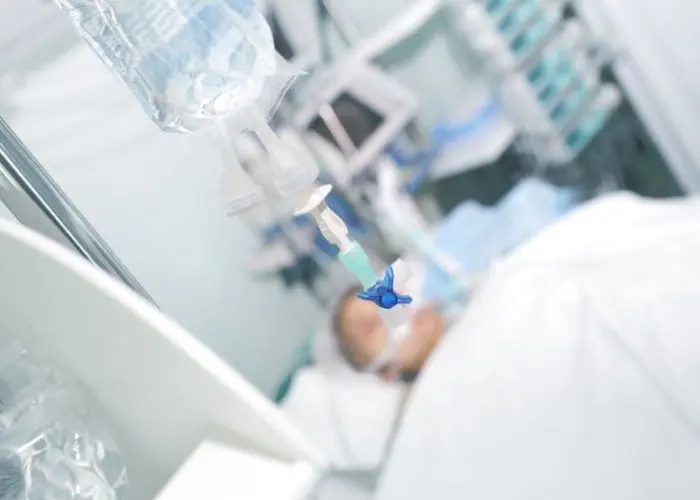
Diabetic coma
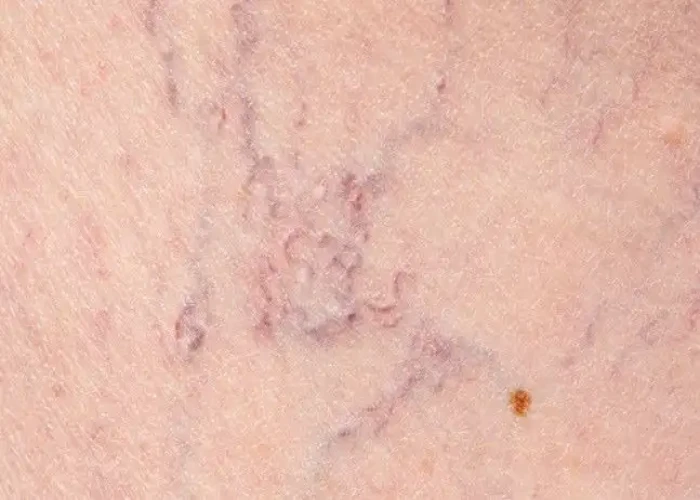
Small vessel disease
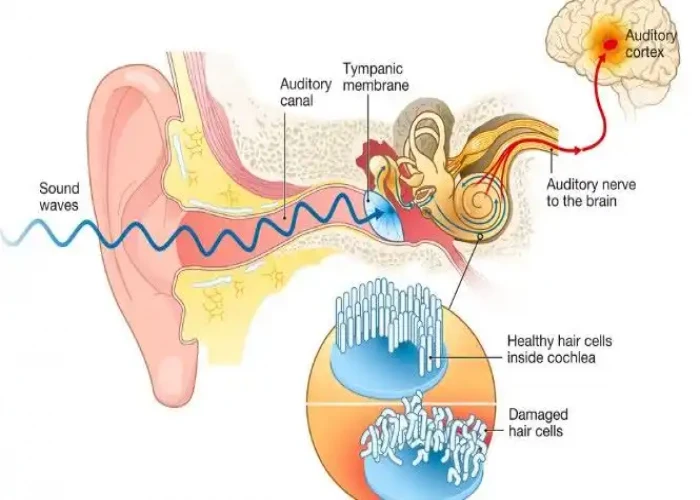
Tinnitus
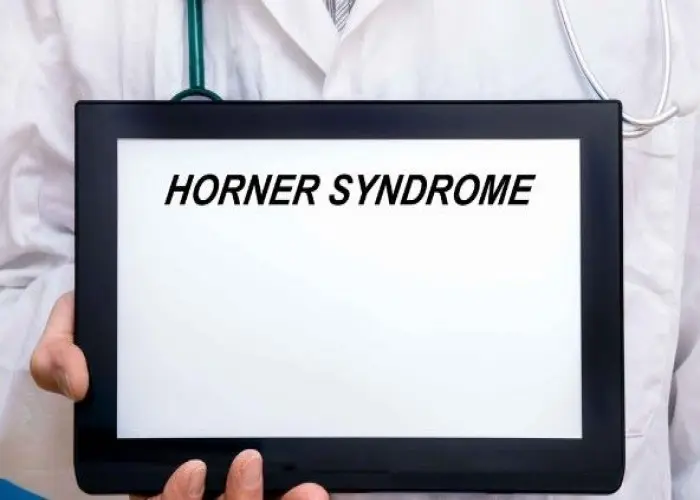
Horner syndrome
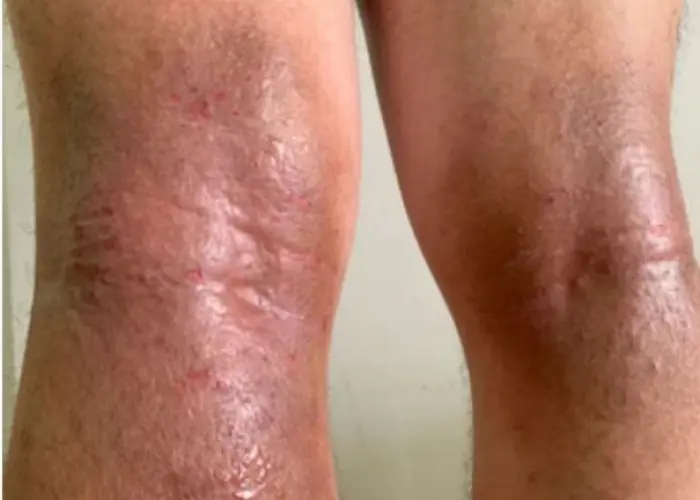
Atopic dermatitis (eczema)
Polycystic ovary syndrome, pcos, পলিসিস্টিক ডিম্বাশয় সিন্ড্রোম, পিসিওএস
To be happy, beautiful, healthy, wealthy, hale and long-lived stay with DM3S.
